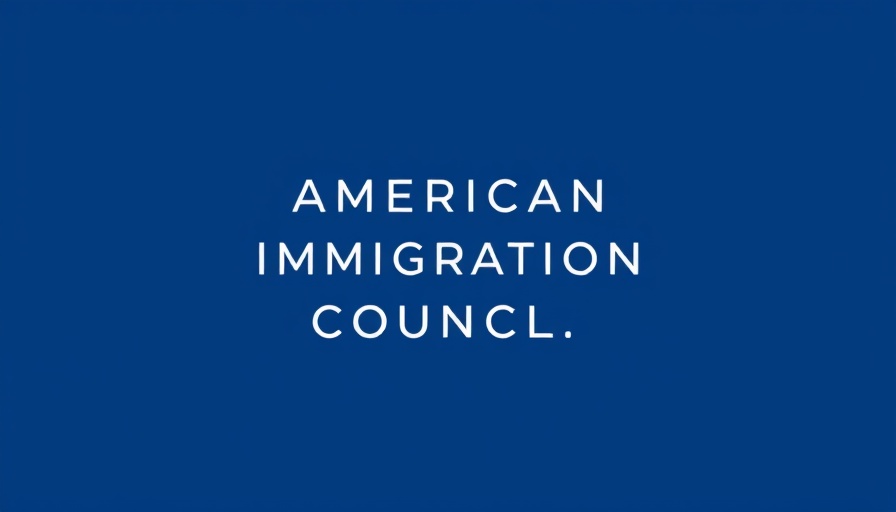
Understanding the Case of Mahmoud Khalil
On September 12, Immigration Judge Jamee Comans issued a decisive ruling regarding Mahmoud Khalil, a Columbia University graduate and Palestinian activist. This ruling follows a complex saga that underscores the challenges faced by immigrants in the U.S., particularly those with ties to foreign policy complications.
A Closer Look at Khalil's Immigration Journey
Khalil first entered the U.S. in 2022 on a nonimmigrant student visa, intending to further his education at Columbia University. He transitioned to lawful permanent residency in November 2024 after marrying a U.S. citizen. However, his status came under scrutiny due to his alleged political involvement, leading to his arrest by ICE based on a letter from Secretary of State Marco Rubio, which outlined concerns over Khalil's presence and activities posing potential risks to U.S. foreign policy.
Legal Implications and Broader Context
This case spotlights how foreign policy considerations can intersect with immigration law, particularly under section 237(a)(4)(C) of the Immigration and Nationality Act (INA), which allows for deportations when an individual’s actions are deemed detrimental to U.S. interests. Khalil's situation has drawn attention to the legal standards governing immigration waivers and how they may be used to navigate complex legal frameworks involving national security concerns.
The Future of Immigration Law
As Khalil's case moves forward, it is likely to influence future rulings and legislative discussions surrounding immigration reform. Legal experts suggest that this situation may prompt a reevaluation of the intersections between immigration processes and foreign policy — an area that remains contentious and requires ongoing scrutiny. Observers expect that further actions from higher courts will clarify the jurisdiction of immigration decisions, potentially reshaping how similar cases are handled across the U.S.
A Call to Reflect on Immigration Dynamics
For financial institutions and businesses dealing with international clients, Khalil's case exemplifies the evolving landscape of immigration law and policy. Understanding these dynamics will be crucial in navigating the complexities of business immigration and ensuring compliance within a rapidly changing legal environment.
 Add Row
Add Row  Add
Add 




Write A Comment